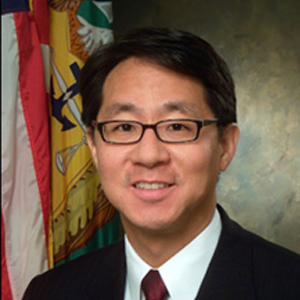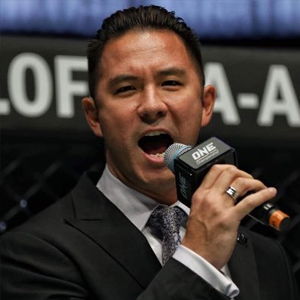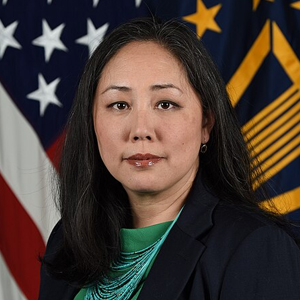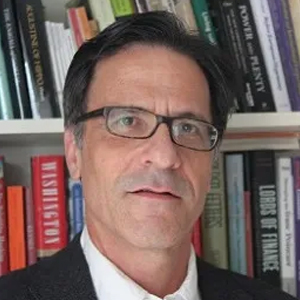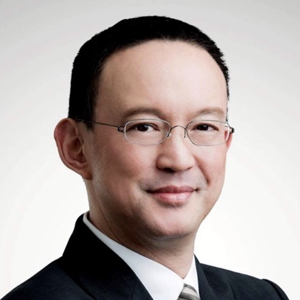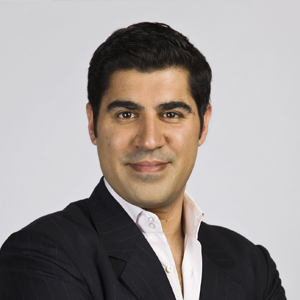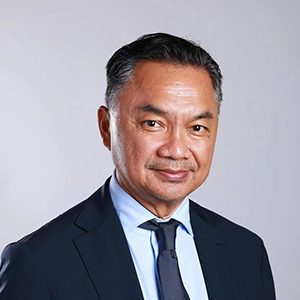Curtis S. Chin is an internationally respected Chairman of the Milken Institute’s operations in Asia and a former U.S. ambassador to the Asian Development Bank (ADB), an advisory board member of the Asian American Federation, and a media presence and voice on where East meets West—from business, trade & culture to issues facing the Asian American community.
From his start as a White House intern in the Administration of President Reagan to his bipartisan service as one of the highest-ranking Asian-Americans in U.S. government, Curtis’s globe-trotting career has encompassed the public, private and non-for-profit worlds, and economic and development issues at the highest levels.
Curtis was a member of the international affairs teams at the U.S. Treasury Department under U.S. Presidents George W. Bush and Barack Obama, from 2007-10, during one of the world’s most challenging economic times. Prior to his unanimous confirmation by the U.S. Senate in 2007 as only the fourth U.S. ambassador of Chinese heritage, Curtis built his career as a counsellor to business and government clients in Asia, Europe and the United States while with crisis management and public affairs consultancy Burson-Marsteller.
As the 15th U.S. Ambassador to the Asian Development Bank (ADB), Curtis S. Chin helped lead the call for critical reforms and more “responsible development, focused on people, on planet and on partnership”. His experiences at Asia’s leading international financial institution focused on poverty reduction led Curtis to create the acronym “the little ‘bric”. This refers not to a grouping of nations, but to the bureaucracy, regulation, interventionism, and corruption that he argues are the true constraints to growth and the real threat to institutions and business across all industry sectors, from education to energy.
While on the ADB board of directors, Curtis pushed for strengthened risk management and development efforts focused on people, planet, and partnership, particularly in Asia's least-developed nations. Curtis now advises startups and impact investors in Asia, including Equator Pure Nature, an ASEAN-based, natural consumer product and cleantech pioneer; and the Dolma Impact Fund, the first international equity fund focused on Nepal.
Topics:
• Environmental, social, and corporate governance (ESG)
• U.S – China relations
• U.S – Asia relations
• Global Trends
• Diversity and inclusion (DEI)
